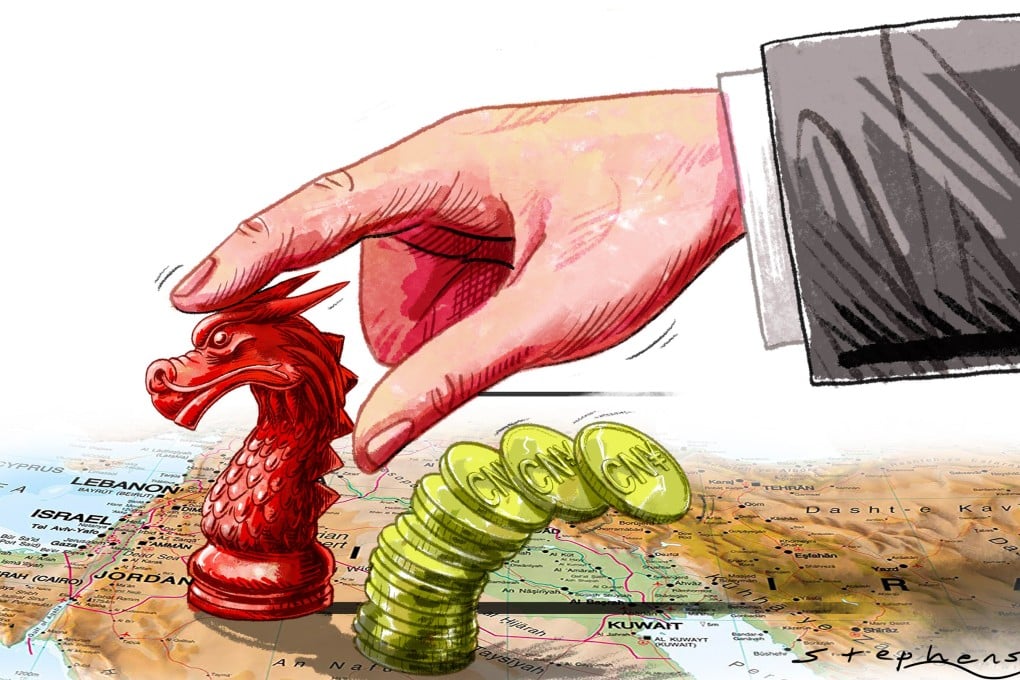Advertisement
Opinion | Israel-Gaza war: how China is prioritising politics over economic interests in the Middle East
- Beijing has avoided calling Hamas terrorists despite Chinese being victims of the attack, as well as its experiences in Xinjiang and massive investments in Israel
- China has seemingly accepted that its increasingly active role in the region will have an economic cost
Reading Time:3 minutes
Why you can trust SCMP
1

As the Israel-Hamas war rages in the Middle East, the international community is debating the extent to which this conflict might spiral into a regional catastrophe.
For Israel, this war is its most existentially threatening since its 1948 War of Independence. For the world, the stakes have not been higher since the 1973 Yom Kippur War between Israel and Egypt, when Russian and American intervention took it to the brink of atomic war.
The current war began on October 7 with a surprise attack by Hamas terrorists on Israeli communities bordering Gaza. The atrocities were some of the worst committed since Israel’s founding. Since then, the blaze of conflict has threatened to expand and the Middle East has come closer to the brink of regional war.
Advertisement
Iranian proxies in Iraq and Lebanon are attacking American and Israeli assets, and the United States is taking a more active role in the region than it has in well over a decade. This has included placing the world’s largest aircraft carrier, the USS Gerald R. Ford, and a carrier strike group on standby in the East Mediterranean.
But to understand how this conflict is reshaping not only regional but also global paradigms, one must look further east: to China.
Advertisement
China’s engagement with the region has been primarily economic, but the growing perception of US disengagement from the Middle East has led to a comprehensive foreign policy recalibration in Beijing.
Advertisement
Select Voice
Choose your listening speed
Get through articles 2x faster
1.25x
250 WPM
Slow
Average
Fast
1.25x
